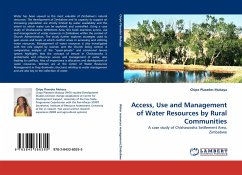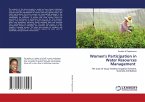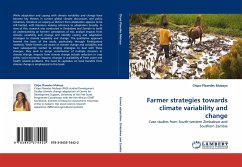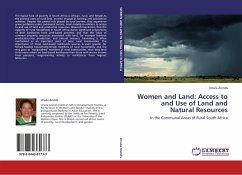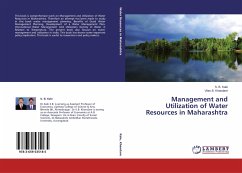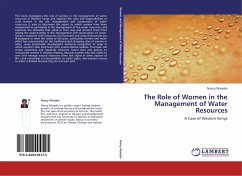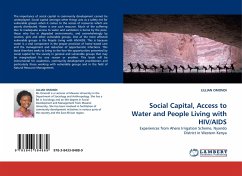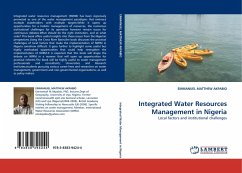Water has been viewed as the most valuable of Zimbabwe's natural resources. The development of Zimbabwe and its capacity to support an increasing population are strictly limited by water availability and the extent to which water can be exploited and controlled. Using a case study of Chishawasha Settlement Area, this book examines access, use and management of water resources in Zimbabwe within the context of Church Administration. The study further explores strategies used to gain access and levels at which conflict arises in accessing and utilizing water resources. Management of water resources is also investigated with the role played by women and the Church being central. A comparative analysis of the "quasi-private" and communal tenure system highlights that the concept of tenure in Chishawasha is problematic and influences access and management of water, also leading to conflicts. Also of importance is allocation and development of water resources. Women are at the center of Water Resources Management as they dominate structures relating to water management and are also key to the collection of water.
Bitte wählen Sie Ihr Anliegen aus.
Rechnungen
Retourenschein anfordern
Bestellstatus
Storno

